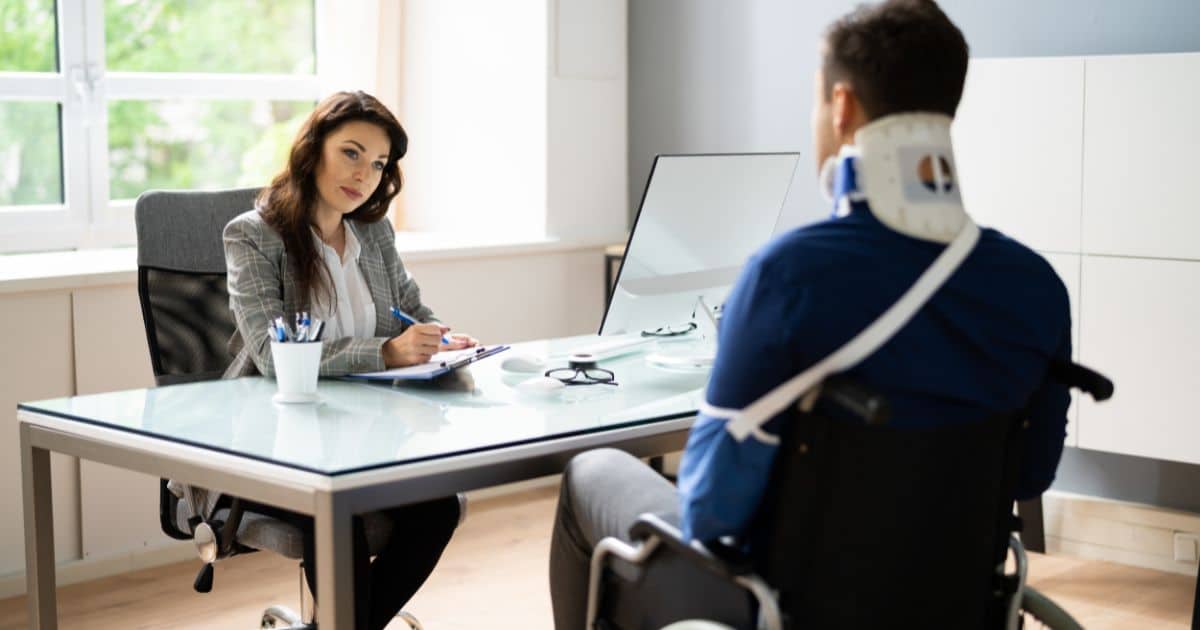Suffering a debilitating personal injury can be a profoundly disorienting experience, filled with challenges that extend beyond the physical. After handling the case with Nevada Personal Injury Lawyers (or similar), it can make you feel a bit unbalanced with the aftermath of this upset and pain. The journey to recovery often involves redefining one’s sense of normalcy and purpose. For those charting a path through the aftermath, you have to understand the nuances of this transformation and develop a plan that encourages healing and growth.
Keep reading for tips that offer guidance on embracing change, establishing support, and fostering resilience.

Support for Emotional and Practical Recovery
The role of a support system cannot be overstated in the wake of a personal injury. Emotional support from family, friends, and support groups provides a safe space to share feelings and concerns. These avenues can also offer validation and encouragement that buoy spirits during tough times.
Besides emotional backing, practical support is just as critical. For those facing legal and insurance complexities, it might be essential to get legal assistance from Maschka, Riedy, Ries & Frentz. Hiring a lawyer after a personal injury is required to protect your rights, ensure you receive fair compensation, and navigate the legal complexities of your case. With their expertise, experience, and advocacy, a personal injury lawyer will fight for your best interests and provide you with the best chance of obtaining the compensation you deserve.
Moreover, seeking medical care is crucial for both short-term recovery and long-term health. If you’re experiencing back, neck, or joint pain, the services of a chiropractor in Boca Raton, FL can be especially beneficial in promoting recovery and improving mobility.
Reconfiguring Personal and Professional Goals for Continued Growth
Personal injury can alter the trajectory of one’s career and personal aspirations. It is imperative to reconfigure these goals to align with new realities and capabilities. Start by assessing your current skills and interests, and consider how they can translate into new professional directions or hobbies.
Some individuals might find that further education is a viable path for professional retooling. Programs such as a bachelor degree medical laboratory science can provide a launching pad to a new career while accommodating physical limitations. A bachelor’s degree in medical laboratory science provides diverse career options. Whether working directly with patients in clinical laboratories or contributing to groundbreaking research, individuals with this degree are instrumental in providing accurate diagnoses and improving patient care. This can be especially rewarding for those with experience being injured or struggling with their health.
In both personal and professional contexts, setting attainable, time-sensitive goals can foster motivation and provide clear targets to work towards. With each accomplished goal, learning to set increasingly ambitious objectives helps in maintaining a growth mindset and prevents stagnation.
Cultivating Resilience and Positivity in the Face of Adversity
Resilience is perhaps the most valuable trait to cultivate post-injury. It is about developing the inner strength to face setbacks and move forward with a steadfast spirit. Resilient individuals often draw from past experiences, support networks, and intrinsic optimism to weather the storms of recovery. Maintaining a positive outlook is a conscious choice that can dramatically influence the rehabilitation process.
This does not mean ignoring the pain or the challenges but choosing to focus on the potential for positive outcomes. Affirmations, gratitude practices, and celebrating progress can all contribute to a positive mindset. Mental and emotional health is as integral as physical health. Engaging in mindfulness, therapy, or stress-reduction techniques like meditation can manage the psychological aspects of recovery.
Learning to navigate emotional turbulence with grace and equanimity will enhance overall wellness and satisfaction. By setting realistic expectations, acknowledging your strengths, and giving yourself grace, you can forge a path defined not by injury, but by resilience and hope.
As this blog clearly illustrates, rebuilding a life after a debilitating personal injury is a multidimensional process that encompasses physical, emotional, and practical strategies. The truth is that it requires patience, support, and a steady focus on achievable goals. By cultivating resilience and maintaining a positive outlook, every step forward becomes a testament to the human spirit’s capacity to overcome adversity.
